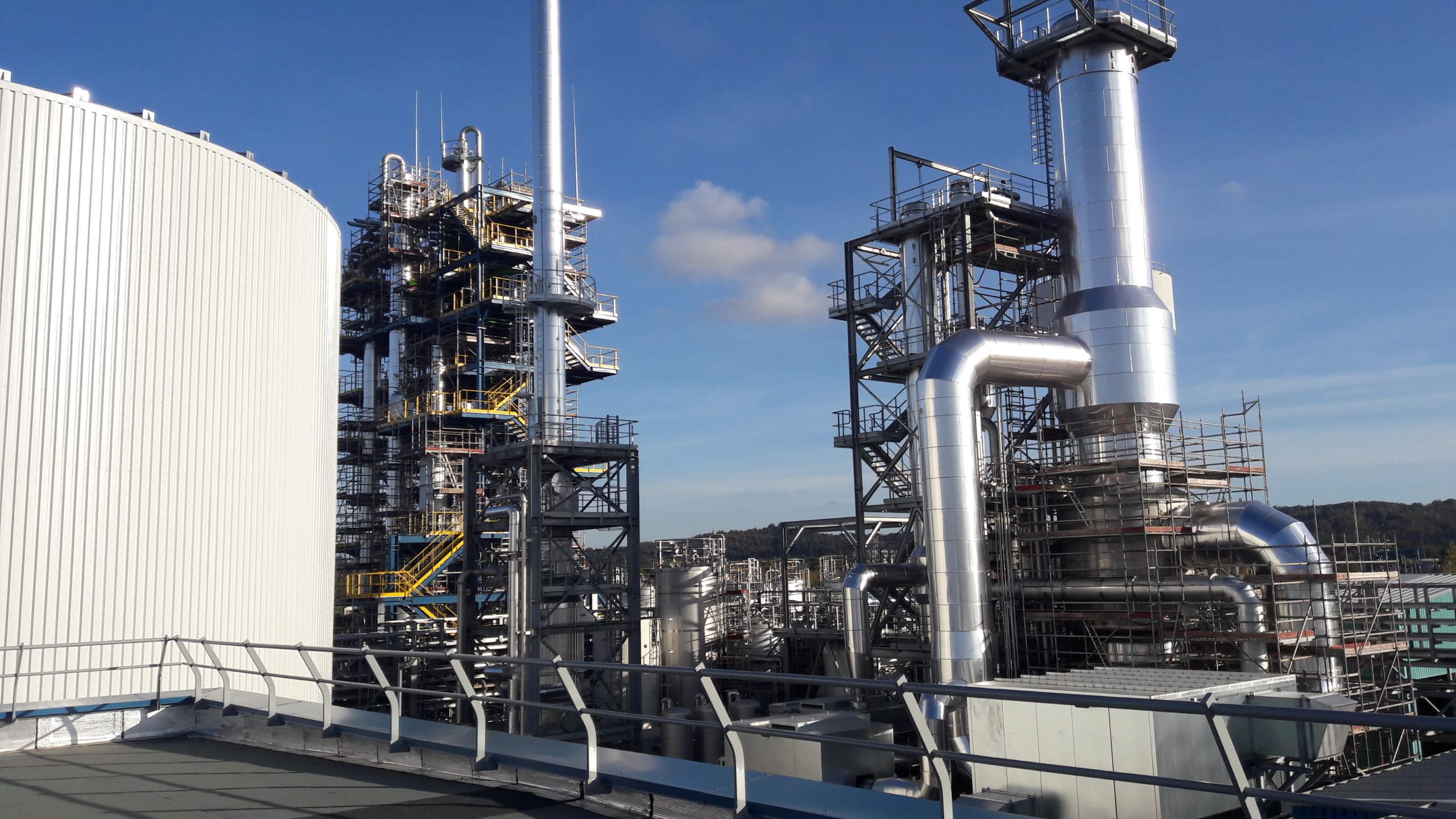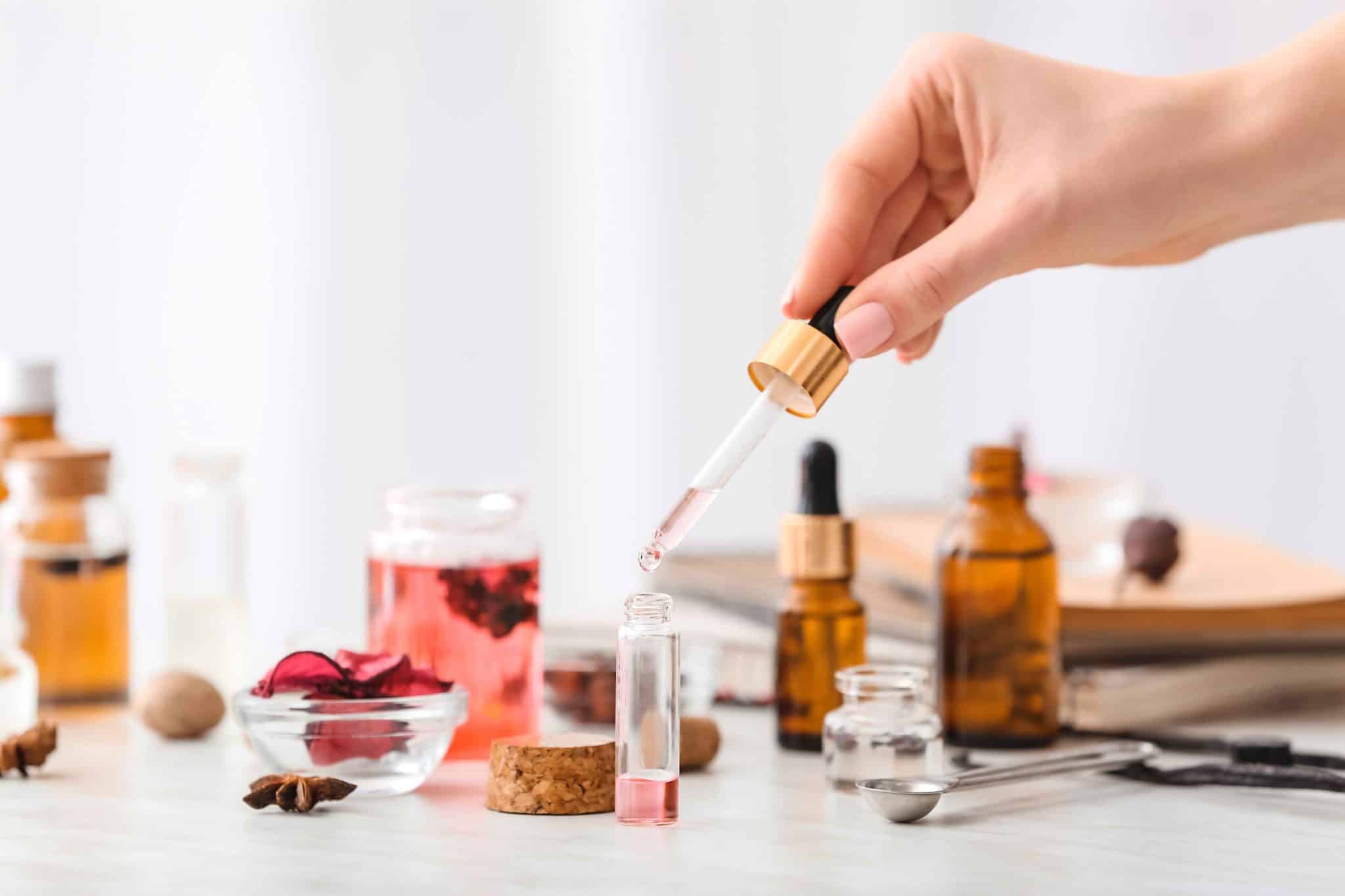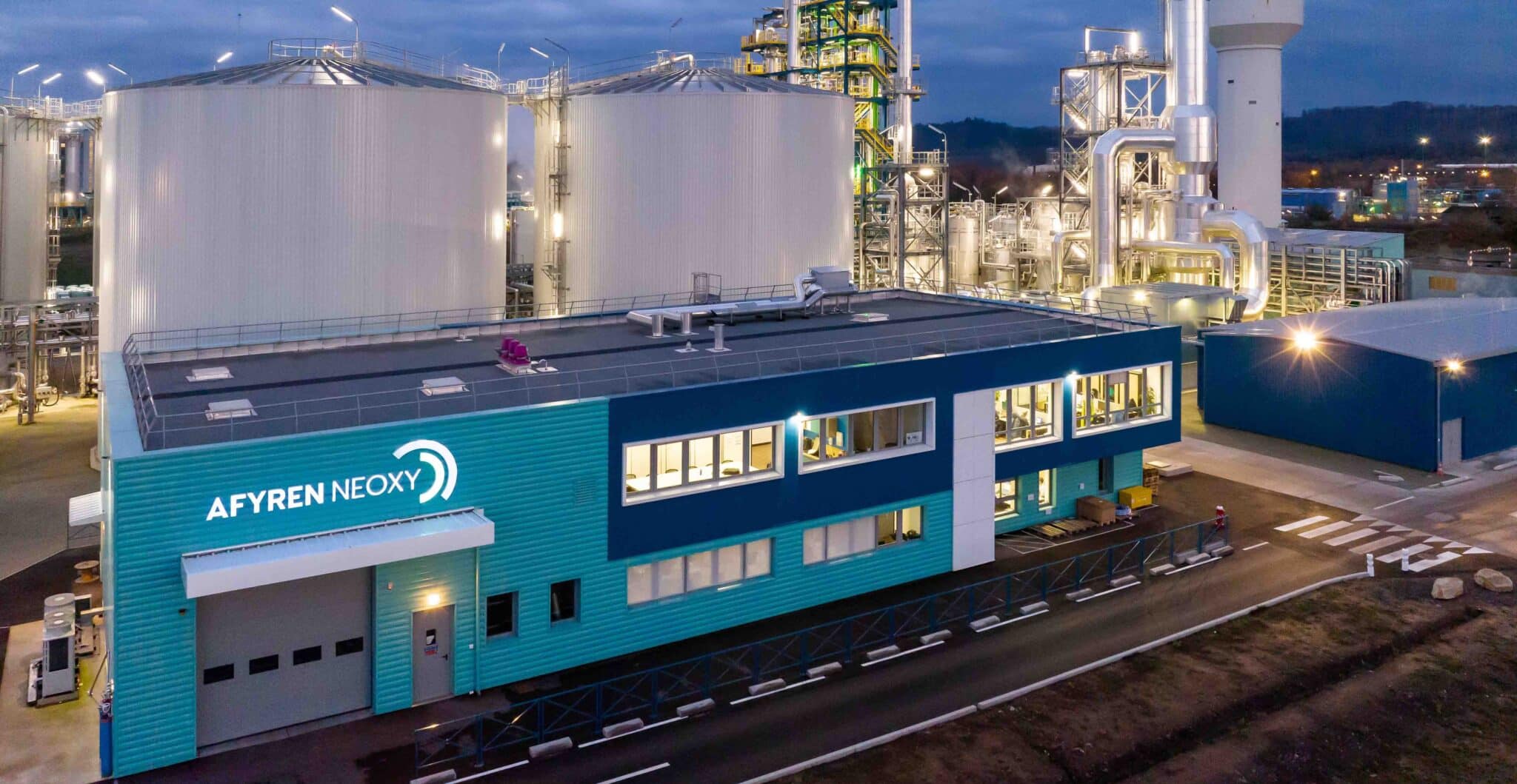Retour page d’accueil • Deforestation – Turning compliance with EUDR into an innovation driver
Deforestation – Turning compliance with EUDR into an innovation driver

Deforestation is more than ever on everyone’s lips. During COP30 in Brazil 10-21 November 2025, one of the main topics to be discussed is deforestation and the impact on climate change and environment.
Europe is in the frontline and has taken concrete action. The EUDR (Regulation (EU) 2023/1115) requires all companies selling to, or importing into, the European market to ensure that key commodities, such as cocoa, coffee, palm oil, soy, rubber, and wood, are deforestation-free and legally produced. Each batch must be backed by geolocation data, risk assessments, and a due-diligence statement.
The European Union Deforestation Regulation (EUDR) is often seen as a compliance burden – but in food, flavors, fragrances, and cosmetics, it can become an innovation driver. As companies face stricter requirements to prove their ingredients are deforestation-free, they must rethink their practices in terms of sourcing, biobased feedstocks, and traceable supply chains.
EUDR Implementation
The EUDR was initially set to apply at the end of 2024, but its implementation was postponed to the end of 2025 for large and medium-sized companies. Following strong pushback from several Member States calling for further simplification and adjustments, the European Commission has recently announced an additional one-year delay for implementation by small and micro-enterprises – extending their application deadline to the end of 2026.
As main value chain actors have established mechanisms and put in place processes to manage the regulative requirements, the initiative is already reshaping global ingredient strategies, opening new opportunities for circularity, biotechnology, and regenerative agriculture. EUDR could redefine how materials are designed, traced, and valued – turning sustainability from a cost into a catalyst for innovation.
Why EUDR matters: deforestation, carbon & market risk
Between 1990 and 2020, the world lost 420 million hectares of forest, with EU consumption being responsible for around 10 % of that. Deforestation and land-use not only causes biodiversity loss and increase CO2 emissions but also disrupt local communities and fragile ecosystems.
“The loss of these ecosystems is devastating for wildlife and the billions of people who rely on forests for food, water and other essentials. But deforestation has another, often-overlooked peril: it is stoking climate change. The felling of trees in tropical areas alone releases more than 5.6 billion tonnes of planet-warming greenhouse gases every year. That is more than four times the combined total of aviation and shipping.”
Companies that don’t comply with the EUDR risk fines, up to 4% of a company’s annual turnover, and possibly even market exclusion. But early compliance can become a competitive differentiator – buyers increasingly prefer suppliers with transparent, deforestation-free supply chains.
From compliance to innovation
Traceable supply chains
The Illegal Deforestation and Associated Trade (IDAT) Risk estimates that around 69% of tropical forest loss for commercial agriculture is linked to illegal deforestation . As the EU Deforestation Regulation (EUDR) comes into force, companies must now demonstrate full traceability of different commodities.
This requirement is accelerating innovation: blockchain-based registries, satellite monitoring, and digital product passports now go beyond simple proof of origin. They allow real-time visibility, improved supplier management, and data-driven logistics, turning compliance into an opportunity for efficiency and brand trust.
Find alternatives with the same performance
Palm oil, soy, and tropical extracts are essential inputs for cosmetics, food, and flavor industries, where they serve as surfactants, emulsifiers, or aroma sources. Yet these commodities are also among the main drivers of deforestation and land-use change; for example, between 2012 and 2015, 31% of palm oil expansion replaced forests and 23% peatlands, while 7% of soy expansion directly caused deforestation.
Biobased and fermentation-derived alternatives help separate the production of these extracts from deforestation, maintaining performance while protecting ecosystems. In addition, many of these alternatives offer lower CO2 emissions compared with conventional fossil-based sourcing, further supporting sustainable production. It will be even more favorable if these fermentation-derived alternatives can be sourced locally in Europe, which further mitigates risks of global supply chain and trade disruptions. Particularly important in times of fragile global political environments.
Regenerative and circular sourcing
Innovative approaches that integrate regenerative practices with circular and locally sourced feedstocks, for example fermentation-based and biobased ingredients, help buyers access the products they need while reducing reliance on vulnerable natural resources. This strategy lowers pressure on ecosystems, enhances soil health, and supports deforestation-free supply chains. By closing the loop on materials and improving traceability, companies can make their operations more sustainable and build long-term business resilience.
Embedding deforestation-free and traceable criteria into product design turns compliance into innovation. Companies that integrate sustainability metrics into their development pipelines achieve 5–10% higher R&D ROI, while also meeting growing consumer demand – 64% of EU consumers prefer products with transparent, traceable origins.
EUDR compliance is already here – driving innovation across the value
Implementing the EUDR poses significant challenges for many companies in managing supply chain traceability. However, various solutions exist, and some organizations have already enhanced their practices, generating measurable positive impacts.
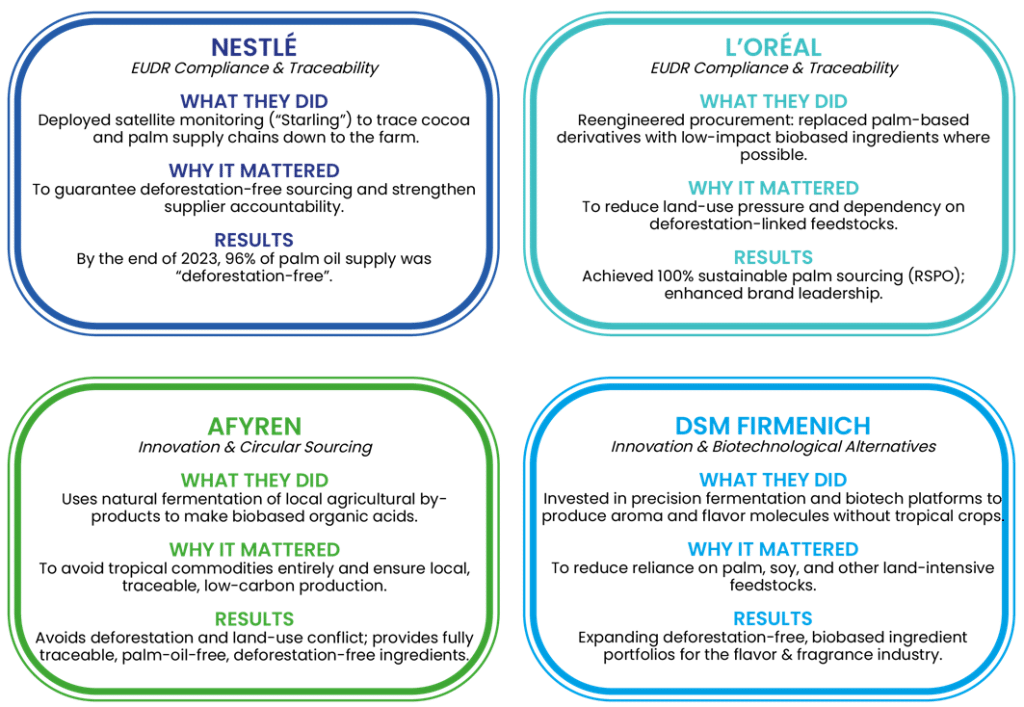
Example : AFYREN’s biobased fermentation approach
AFYREN shows how biotechnological processes can align with EUDR objectives. Its fermentation technology converts non-food agricultural co-products into biobased organic acids, avoiding deforestation.
The VITAFYREN™ (food) and FLAVYREN™ (flavors & fragrance) ranges illustrate how renewable European feedstocks can deliver traceable, low-carbon natural acids. By using agricultural by-products rather than primary commodities, such processes contribute to supply-chain transparency and reduced deforestation exposure.
Conclusion
No matter the conclusions and recommendations after COP30, deforestation is an urgent matter that needs to be delt with right now. EUDR is reshaping how materials are sourced and produced – but it’s also sparking innovation. From traceability to biobased chemistry, companies that act now can turn compliance into long-term advantages and develop a competitive edge over their market partners. Using low-impact, traceable solutions like AFYREN’s biobased acids help meet regulation while enabling more resilient, sustainable growth.
Last news
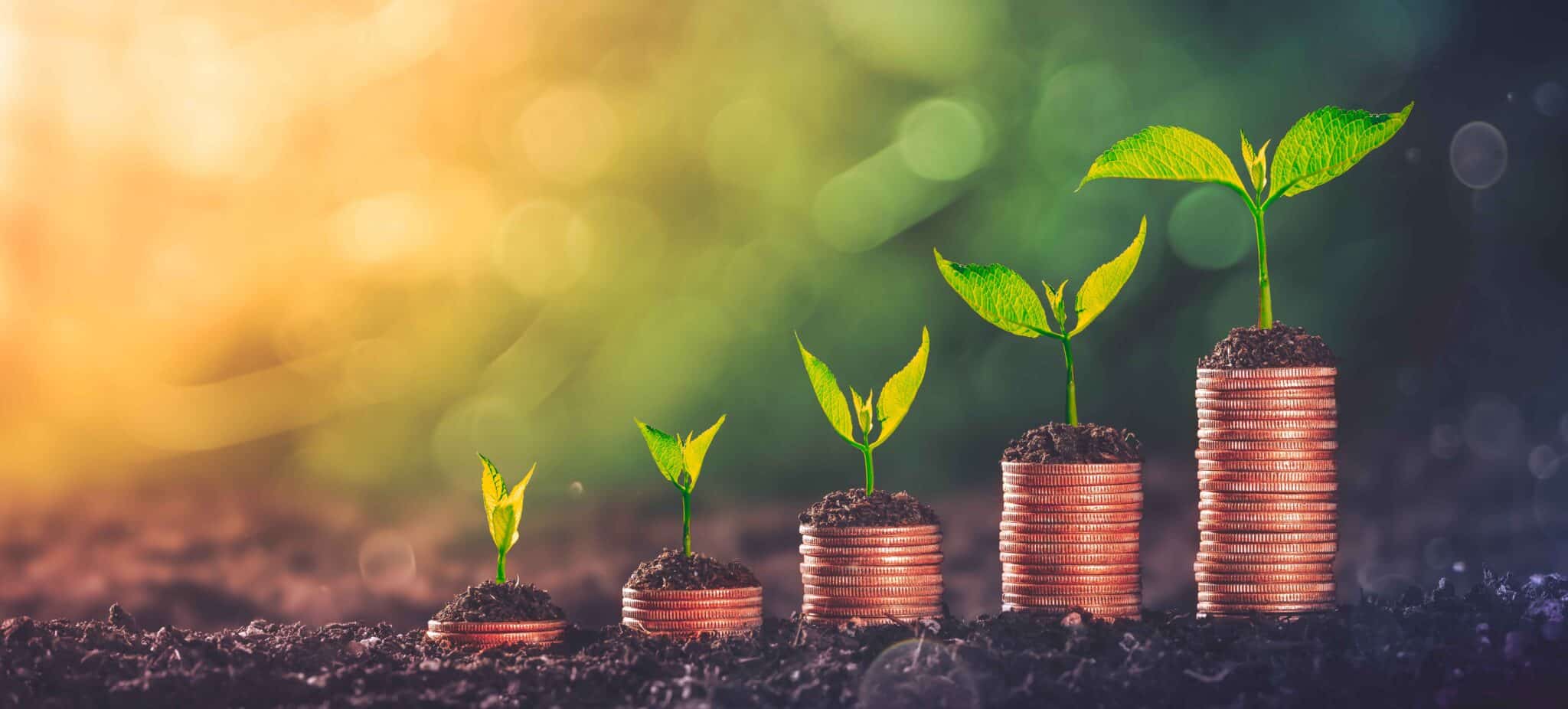
AFYREN NEOXY: first significant revenue and growing production in 2025
News post Press release
AFYREN confirms drawdown of €7 million in previously secured financing for its subsidiary AFYREN NEOXY
News post Press release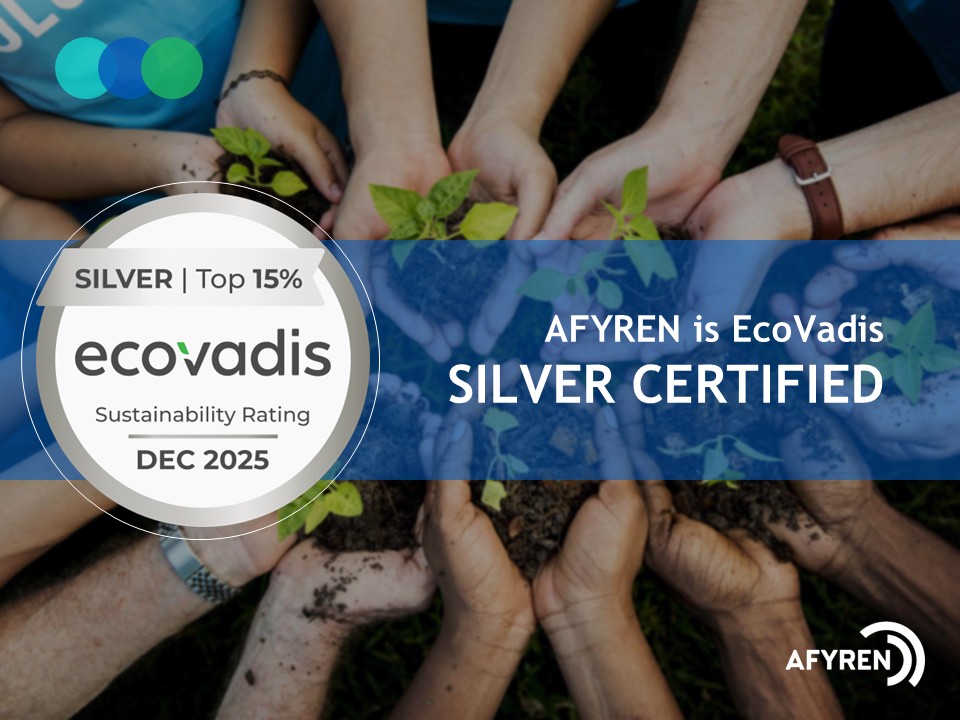
AFYREN awarded Silver Medal by EcoVadis for CSR performance, ranking in the top 8% worldwide
Press release
AFYREN and ESSE Skincare begin partnership to offer 100% natural cosmetic solutions with enhanced skincare performance.
Press release
AFYREN raises €23 million through share capital increase to finance optimization and expansion of unique biorefinery AFYREN NEOXY
Press release
Where Nature Meets Performance: The Creative Vision of Delphine Thierry
News post